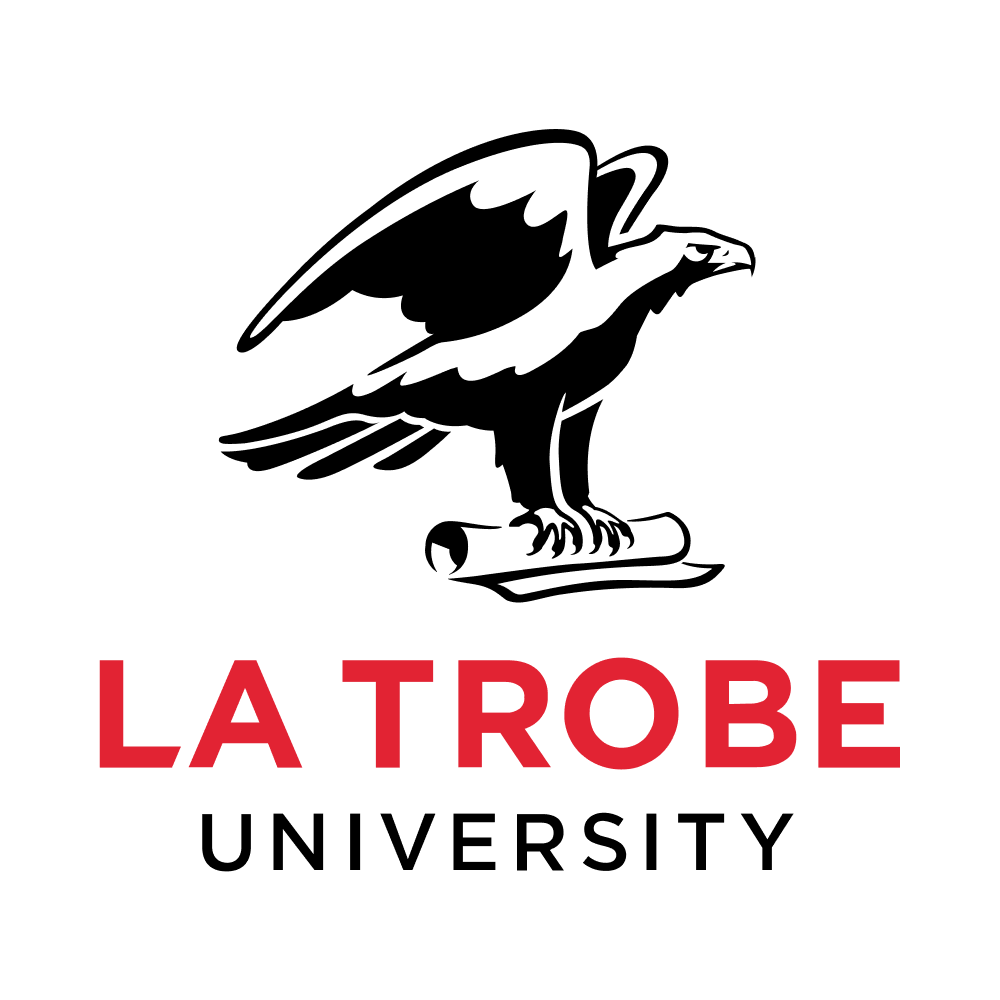La Trobe University
Master of Financial Analysis
- Delivery: Face to Face
- Study Level: Postgraduate
- Duration: 24 months
- Course Type: Master's
Develop advanced analytical skills for informed investment decisions with La Trobe's Master of Financial Analysis.

Course overview
Master every aspect of the financial sector and apply advanced analysis skills to make informed investment decisions for organisations and individuals with La Trobe's Master of Financial Analysis.
Access professional investment platforms used daily by the world's leading organisations in our trading room. Use powerful tools to analyse both historical and real-time data across international markets, conduct market research, create investment portfolios and respond to breaking news and events. Apply your knowledge in real-world scenarios with work placement and graduate opportunities with leading firms in Australia and around the world.
Key facts
July, 2026
What you will study
To qualify for the award of Master of Financial Analysis, students must complete a total of 240 credit points across two years. Each subject is valued at 15 credit points , unless otherwise indicated.
Year One
- 120 credit points from chosen core subjects
Year Two
- 45 credit points from chosen core subjects
- 15 credit points from chosen core choice subject
- 60 credit points from chosen specialisation
Core subjects
Complete the following:
- Academic Integrity Module
- Accounting Principles and Practices
- Corporate Finance
- Debt Securities
- Equity Securities
- Financial Statement Analysis
- Principles of Economics
- Principles of Finance
- Statistics for Business and Finance
- Derivative Securities
- International Financial Management
- Portfolio Management
Core choice subjects
Choose one of the following:
- Business Work Placement
- Case Studies in Finance
Specialisations
Choose one specialisation to complete 60 credit points :
- Banking
- Business research
- Fintech
- International business
Entry requirements
Prerequisites
Admission may be granted to applicants without an undergraduate degree, provided they have five or more years of relevant work experience. When making an offer to an applicant, the university may consider a range of factors, including English proficiency, academic record and employment experience.
Selection criteria
To be considered for admission to this degree, you will need to meet at least one of the following criteria:
- Completion of an Australian bachelor's degree (or equivalent).
- Completion of the Postgraduate Qualifying Program.
- Applicants with an Australian Bachelor's degree in a business-related field or an approved equivalent qualification may be eligible for credit for three foundation subjects in Year 1: BUA4003, BUA4004 and ACC4001. Applicants without an undergraduate degree but with a demonstrated minimum of at least five years of relevant and cognate business experience may be eligible for credit for the four foundation subjects.
Recognition of Prior Learning
Credit for previous study is the recognition of prior study or learning that can be counted towards a qualification. This can reduce the number of subjects required to complete your course. The amount of credit received depends on the level and relevance of your previous study and the number of subjects completed. Contact the university for more details.
Outcomes
Careers outcomes
Graduates may pursue careers in roles such as:
- Business or Research Analyst
- Corporate Finance Manager or Lending Specialist
- Financial Analyst or Controller
- Foreign Currency Dealer
- Fund Manager
- Merger Specialist
- Risk Manager
- Stockbroker
Learning outcomes
- Critically analyse and apply financial theories to solve economic and investment problems such as: valuing financial securities, constructing and managing international financial portfolios, funding projects and businesses and managing financial risks.
- Identify, analyse and interpret information from various sources using digital tools to provide informed advice and propose innovative solutions to financial and business problems.
- Persuasively explain your financial advice and solutions utilising a variety of digital and personal modes of communication independently and as part of a team.
- Critically reflect on yourself, your academic and professional practice and the ethical basis of your financial decision-making.
Fees and FEE-HELP
Estimated fees per year 2026: $34,400 (domestic full-fee paying place).
All costs are calculated using current rates and are based on a full-time study load of 120 credit points for one year.
A student’s annual fee may vary in accordance with:
- The number of units studied per term.
- The choice of major or specialisation.
- Choice of units.
- Credit from previous study or work experience.
- Eligibility for government-funded loans.
Student fees shown are subject to change. Contact the university directly to confirm.
FEE-HELP loans are available to assist eligible full-fee paying domestic students with the cost of a university course.








